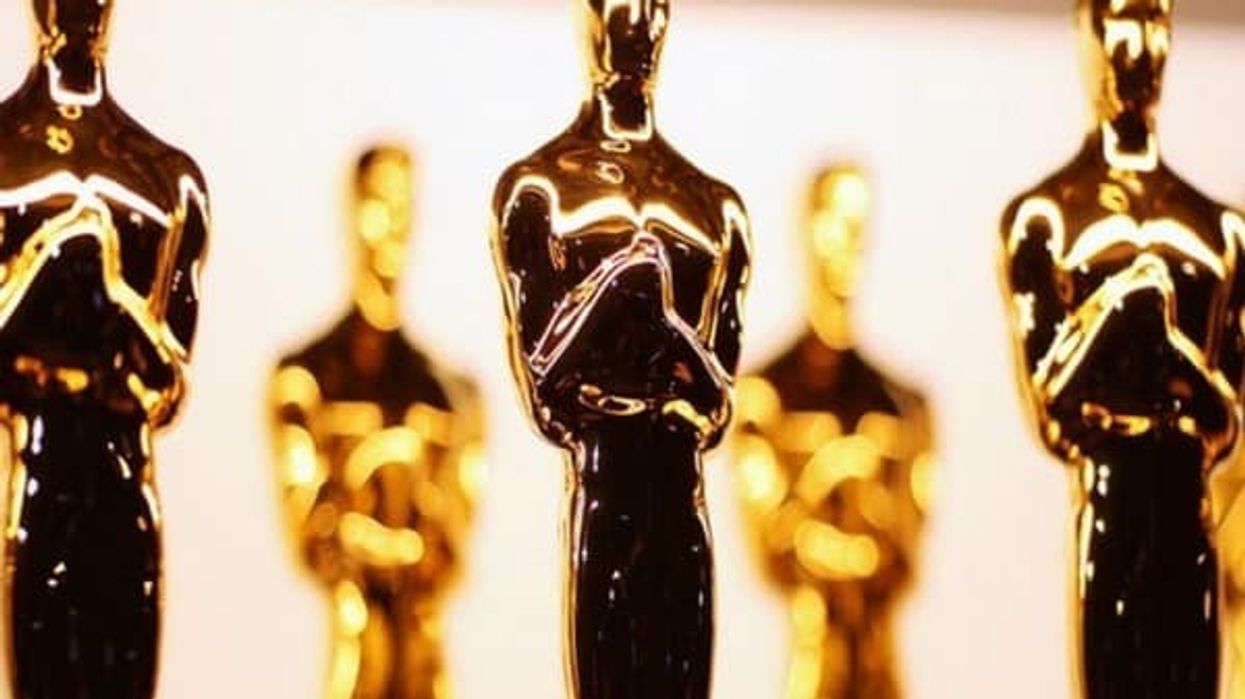Hollywood's most prestigious film awards, the Oscars, are undergoing significant changes as the Academy of Motion Picture Arts and Sciences (AMPAS) introduced updated rules and campaign protocols for its 97th edition, slated for March 2 next year.
In a bid to bolster traditional movie theatres, the Academy has revised the eligibility criteria for films, according to The Hollywood Reporter.
From now on, films must screen for at least one week in select metropolitan areas including Los Angeles County, New York City, the Bay Area, Chicago, Atlanta, and a new addition, Dallas-Fort Worth. Additionally, films must meet expanded theatrical standards in multiple US markets and international territories.
An interesting development is the convergence between the animated feature and international feature categories. Animated feature films submitted by foreign countries can now be considered for both categories, provided they meet eligibility requirements.
Composers are set to benefit from the changes as well.
According to The Hollywood Reporter, the best original score category will now feature a shortlist of 20 titles instead of 15, and up to three composers can now receive individual statuettes for their contributions to a score.
Writers aiming for Oscars recognition must now provide a final shooting script, a move that may impact films with extensive improvisation.
Special awards presented during the Governors Awards ceremony are also undergoing modifications. The Irving G Thalberg Memorial Award will no longer be in the form of a bust but an Oscar statuette, while the Jean Hersholt Humanitarian Award has been redefined to honour humanitarian efforts promoting human welfare and addressing inequities.
Furthermore, two awards presented at the Scientific and Technical Awards have been renamed to honour technological contributions more effectively.
Key submission deadlines have been announced, emphasizing the importance of timely submissions for various categories including animated short films, documentary features, and international feature films.
The Academy has also updated campaign promotional regulations, outlining guidelines for promoting Oscars-eligible motion pictures and performances to its members.
These changes reflect the Academy's commitment to adapting to the evolving landscape of the film industry while maintaining the integrity and prestige of the Oscars. As Hollywood gears up for the 97th Oscars, anticipation is high for a ceremony that promises to celebrate excellence and innovation in filmmaking.




